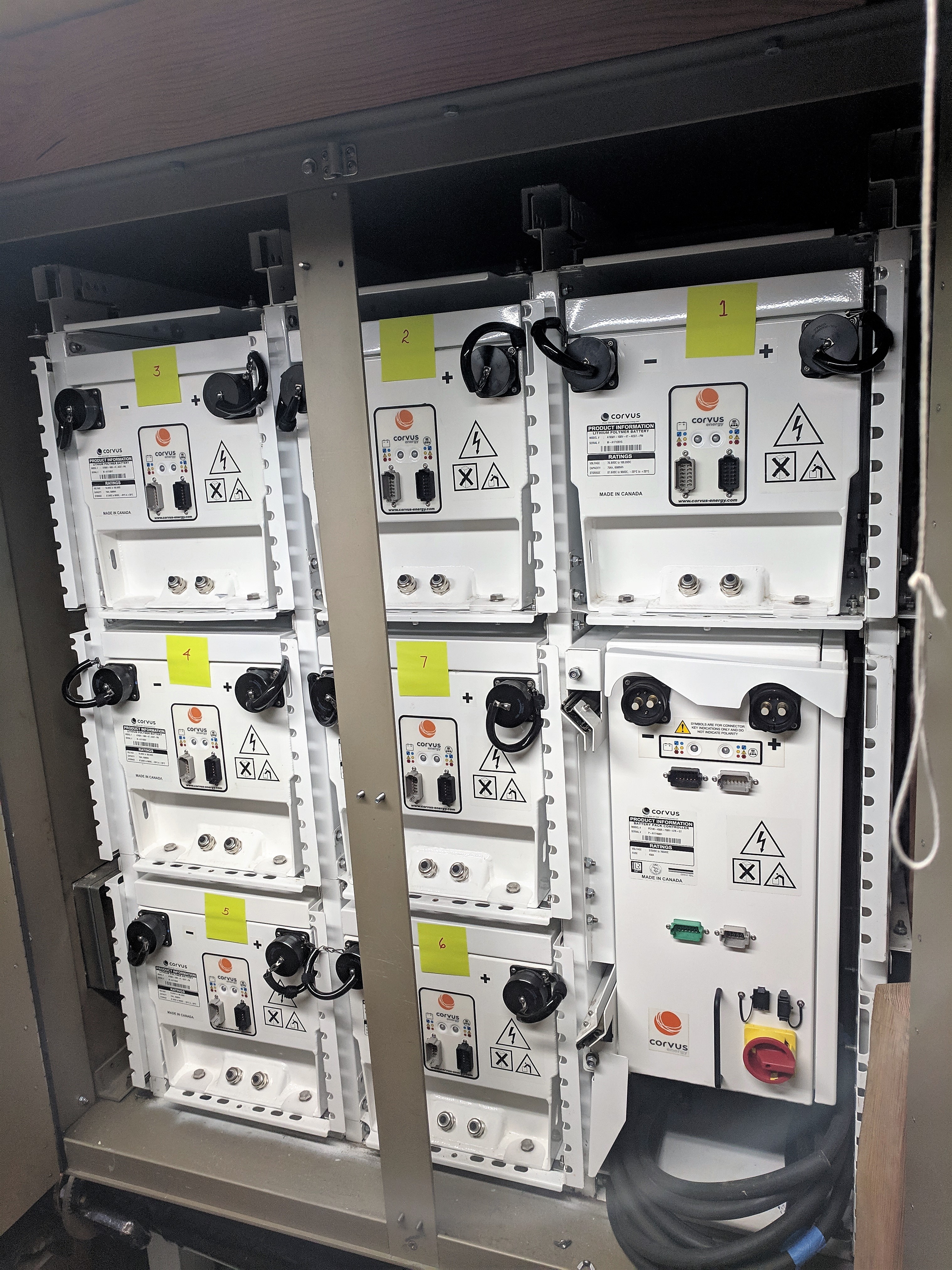Teaching and learning happens beyond talking and listening. The theory of environmental stewardship must be backed by the practice of being a steward (what the Brazilian educator and philosopher Paulo Freire would call “praxis”).
Call of the Sea is grateful for the ideas and practices of fellow leaders in environmental stewardship. The California Coastal Commission brings the practice of the coastal clean-up to all students by offering guidelines for a schoolyard cleanup. At Call of the Sea, students experience first-hand the connection between trash on shore and marine debris. Project WET (Water Education for Teachers) offers the lesson plan “There is No Away” to emphasize the connection between what we throw away and what we find in out coastal clean-ups and on-the-water. We are inspired by YESS Marin (Youth Exploring Sea Level Rise Science), a program supporting young people to take action and engage in climate change solutions in their communities.
Participants in our sailing programs, whether it’s a field trip for younger students or a community sail for older students, are encouraged to make connections with the natural systems of San Francisco Bay, the coast, and the ocean. We encourage participants to ask questions at the intersection of human and natural systems through hands-on inquiry. We facilitate field experiences in a phenomena-rich setting.
After you sail with us, what claim can you make (based on evidence from your experience on the sail) about being an environmental steward? Let us work together to provide pathways for action for this generation.
Share in the creation of an educational experience that lasts a lifetime. Email our director of education, Dax Ovid, Ph.D., at info@callofthesea.org to be part of Call of the Sea’s Environmental Stewardship Action.

Every choice counts.


